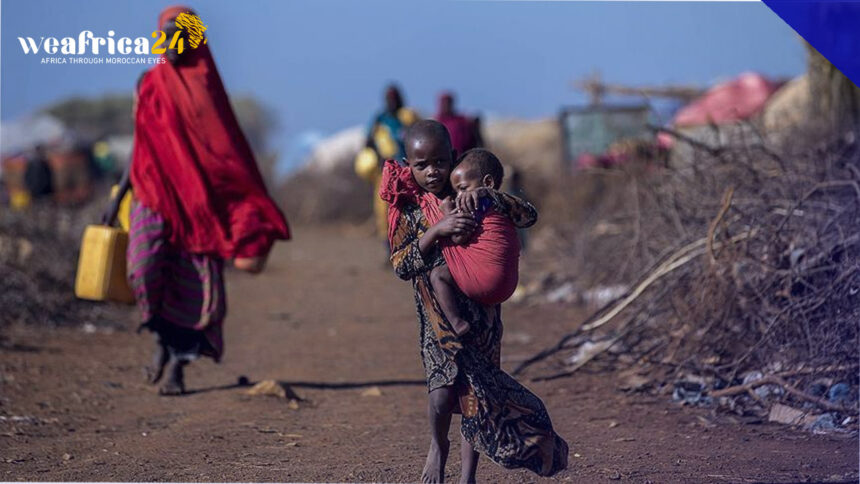Malaria is a major health issue in South Sudan, one of the world’s poorest and most conflict-affected countries. Malaria is a life-threatening disease caused by a parasite that is transmitted through the bite of infected mosquitoes. In South Sudan, the disease is endemic, with transmission occurring year-round, and children under five years of age are particularly vulnerable.
The high incidence of malaria in South Sudan is due to a variety of factors, including the country’s tropical climate, high mosquito density, and inadequate access to healthcare. In addition, the ongoing conflict in South Sudan has disrupted healthcare services, and many people are unable to access or afford treatment.
The consequences of malaria in South Sudan are devastating. The disease is a major cause of morbidity and mortality, particularly among children under five years of age. Malaria also has a significant economic impact, with the disease contributing to decreased productivity and increased healthcare costs.
To combat malaria in South Sudan, the government and international partners have implemented a variety of strategies. These include the distribution of insecticide-treated bed nets, indoor residual spraying with insecticides, and the provision of malaria diagnosis and treatment services.
Despite these efforts, malaria remains a significant public health issue in South Sudan. Additional resources and innovative strategies are needed to address the root causes of the disease and improve access to prevention and treatment services.







